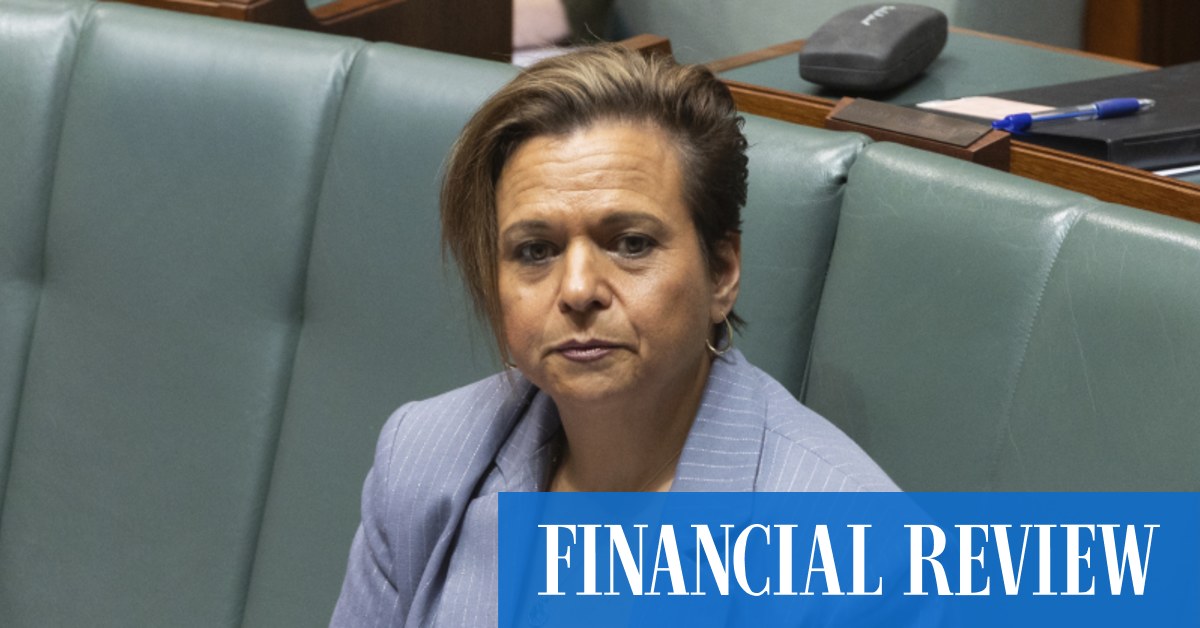
Gambling companies also directly fund sporting codes, both through direct sponsorship deals and “product fees” – where sports take a cut of money spent betting on their games.
A ban on TV advertising would not be effective when there are signs that appear around the ground or on players’ jerseys. Likewise, there are issues around global sporting events – can the Australian government regulate the broadcast of a Spanish football match, or a US basketball final?
And yet, cracking down on gambling advertising has the support of the overwhelming majority of voters and, to an extent, the federal opposition.
Almost 80 per cent of readers of The Australian Financial Review backed a ban on online gambling ads, while a further 15 per cent backed a ban during sporting events.
Prime Minister Anthony Albanese has described advertising during sport as “reprehensible”. “I’ve said before that the idea you’re watching a footy game and … on comes an ad for gambling, I find pretty reprehensible,” he told ABC radio last year when the report came out.
Opposition Leader Peter Dutton blasted gambling advertising during sport in his budget reply speech last year, declaring “footy time is family time”.
“The bombardment of betting ads takes the joy out of televised sports,” he said. “Worse, they are changing the culture of our country in a bad way and normalising gambling at a young age.”
There has been a sharp decline in gambling advertising since the parliamentary review.
Jane Ractliffe from Guideline SMI, a company that measures how much is spent in different categories with Australia’s major advertising agencies, said gambling advertising fell 9.2 per cent in the 2023 financial year.
The brunt of this had been felt by TV networks. Nine Entertainment, which owns the Nine Network, also owns The Australian Financial Review.
Sporting codes scored a win in their battle with Australia’s free-to-air broadcasters over the “anti-siphoning list”, a law that aims to keep a selection of popular sporting events freely available. Major TV networks had precedence in bidding for the rights to key sporting events.
Despite a last-minute effort from Senate crossbenchers, the government did not include the streaming rights to sports on the list, meaning the Ten Network could own the aerial rights to, say, the Socceroos, but not the streaming rights for its 10 Play app.
A spokesman for Ms Rowland said: “The government continues to engage with stakeholders regarding the recommendations from the online wagering inquiry as we formulate our response.”